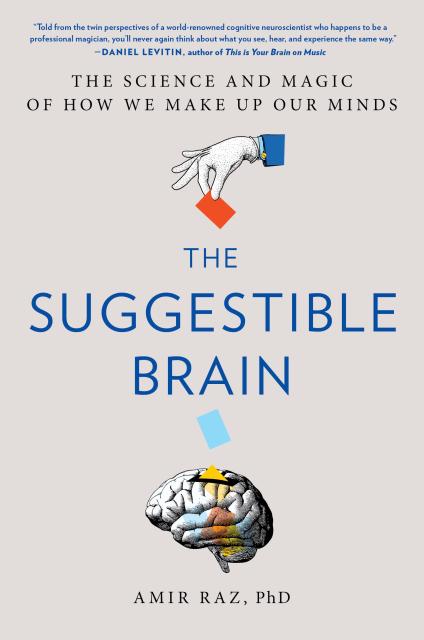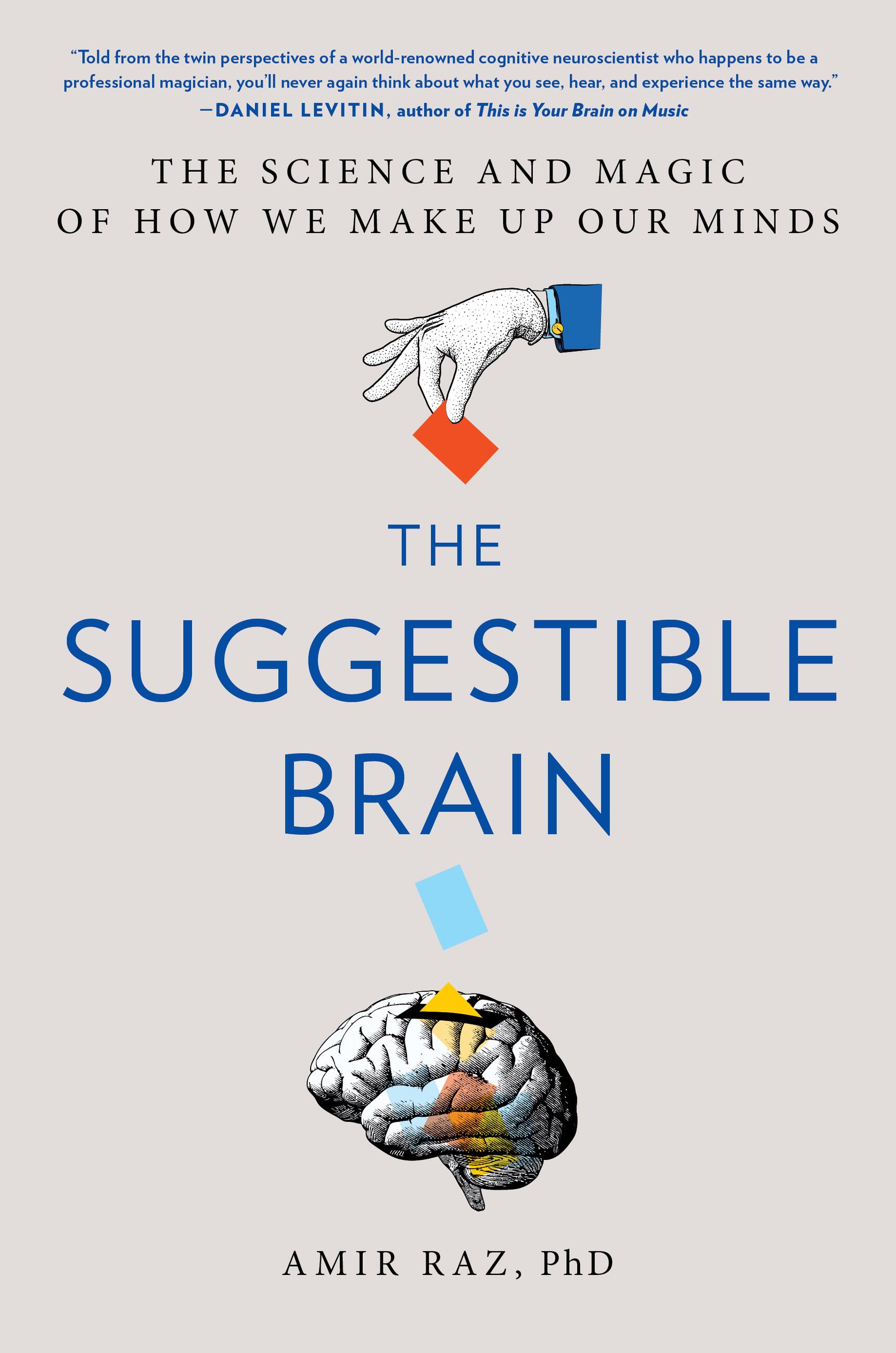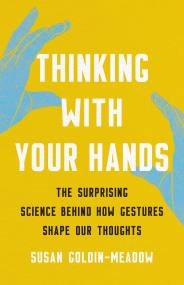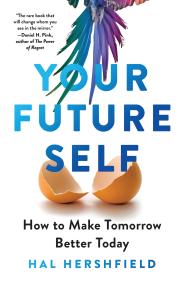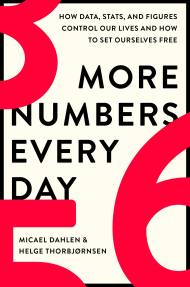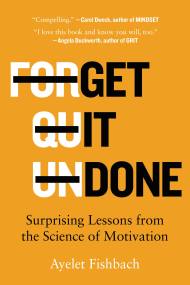Promotion
Use code BESTBOOKS24 for 25% off sitewide + free shipping over $35
By clicking “Accept,” you agree to the use of cookies and similar technologies on your device as set forth in our Cookie Policy and our Privacy Policy. Please note that certain cookies are essential for this website to function properly and do not require user consent to be deployed.
The Suggestible Brain
The Science and Magic of How We Make Up Our Minds
Contributors
Formats and Prices
Price
$30.00Price
$39.00 CADFormat
Format:
- Hardcover $30.00 $39.00 CAD
- ebook $15.99 $20.99 CAD
- Audiobook Download (Unabridged) $24.99
This item is a preorder. Your payment method will be charged immediately, and the product is expected to ship on or around October 1, 2024. This date is subject to change due to shipping delays beyond our control.
Also available from:
Suggestions can make cheap wine taste like Château Margaux, warp our perception of time, and alter our memories—and in an age where disinformation has impacted our personal lives and our politics, the power of suggestion is worth even more attention.
In The Suggestible Brain, world-renowned expert on the science of suggestion Amir Raz, PhD, brings together cognitive aspects of psychology, sociology, and anthropology with issues in our contemporary culture, media, alongside a series of case studies of patients with disorders ranging from Tourette’s Syndrome to false pregnancies, lactose intolerance, and asthma to show exactly how suggestions can cut deep into our brains, shake our fundamental knowledge, and override our core human values. Some questions include:
- Why do placebos work even when people know they are inactive pills—and why do red pills cause stress whereas blue pills feel calm?
- Can suggestions effectively treat depression and anxiety?
- How do people weaponize suggestion in the form of gaslighting and mental abuse?
- Why are we more likely to believe fake news that already aligns with our political beliefs?
- How can suggestions help fight racism, hatred, and bigotry? Conversely, how can suggestions backfire and create the opposite effect?
“Professor Amir Raz is a consummate scientist and former professional magician. His scientific research and writing have made substantial contributions to our understanding of hypnosis, placebo effects, and suggestion. His book will amaze and entertain you, while at the same time being firmly rooted in the scientific data. It is a magical book.”–Irving Kirsch, PhD, author of The Emperor’s New Drugs: Exploding the Antidepressant Myth
“[This book] could have been titled This is Your Brain on Magic. Told from the twin perspectives of a world-renowned cognitive neuroscientist who happens to be a professional magician, you’ll never again think about what you see, hear, and experience the same way.”—Daniel Levitan, author of This is Your Brain on Music
- On Sale
- Oct 1, 2024
- Page Count
- 272 pages
- Publisher
- Balance
- ISBN-13
- 9780306833434
Newsletter Signup
By clicking ‘Sign Up,’ I acknowledge that I have read and agree to Hachette Book Group’s Privacy Policy and Terms of Use
